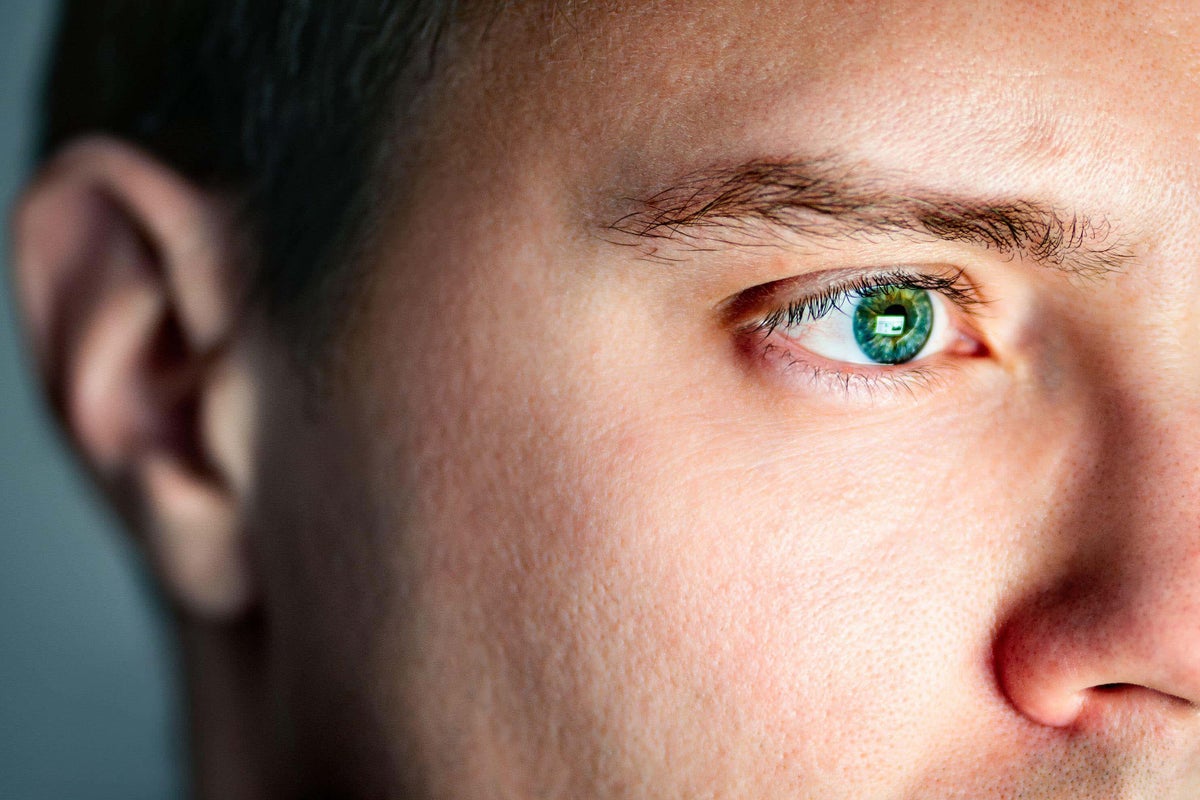
The brains of people with autism are not dysfunctional, they just work differently, according to experts.
The small study, which used scans to analyse brain signals, suggests “a different form of brain organisation” in autistic people that “may reflect diverse ways of thinking”.
It comes as separate analysis found no strong evidence that complementary and alternative therapies for autism – such as herbal remedies, vitamin D and probiotics – are effective.
Autism is a neurodevelopmental condition which causes patients to interact in a different way to other people.
Those with autism may get anxious in social situations, seem blunt, and find it hard to understand what others are thinking or feeling.
Researchers at De Montfort University Leicester (DMU) used brain scans to look at how autistic brains process information.
The scans looked for changes in the blood oxygen level-dependent signal, which reflects changes in blood oxygen to map brain activity.
The study included 14 autistic adults and 15 neurotypical adults.
It found that autistic brains may solve mental problems just as well as neurotypical brains, but use different neural pathways.
Dr Moses Sokunbi, senior lecturer in medical physics at DMU, said: “What we found suggests that autistic brains may use alternative neural strategies that we’ve only just begun to understand.
“This is something new. Autism has traditionally been seen by science as a deficit compared to non-autistic individuals. Our findings suggest it’s not necessarily a deficit at all.
“Instead, they point toward a different form of brain organisation, one that may reflect diverse ways of thinking, rather than dysfunction.”
While further research is needed, Dr Sokunbi’s team is hopeful the findings, published in the journal Brain Sciences, could help improve autism diagnosis, as well as leading to a better understanding of the condition and more personalised care on the NHS.
It is estimated that around 700,000 people in the UK have an autism diagnosis, although the number of people with the condition is likely to be higher.
Elsewhere, a study led by experts in Paris and Southampton looked at 19 types of alternative and complementary treatments for autism, including animal-assisted interventions, acupuncture, herbal medicine, music therapy, probiotics and Vitamin D.
Researchers analysed all available reviews – also known as an umbrella review – which included 200 clinical trials involving more than 10,000 patients.
They found no strong evidence to support the use of these treatments and suggest their safety was rarely assessed.
Professor Richard Delorme, head of the child and adolescent psychiatry unit at Robert Debre Hospital in Paris, said: “Many parents of autistic children, as well as autistic adults, turn to complementary and alternative medicines hoping they may help without unwanted side effects.
“However, it is necessary to carefully consider evidence from rigorous randomised trials before concluding that these treatments should be tried.”
Prof Samuele Cortese, NIHR research professor at the University of Southampton, added: “This study shows that when people want to know whether a treatment is effective, they shouldn’t just look at one single study.
“It’s essential to consider all the available evidence and how good that evidence is. Drawing conclusions from one low-quality study can be misleading.”
